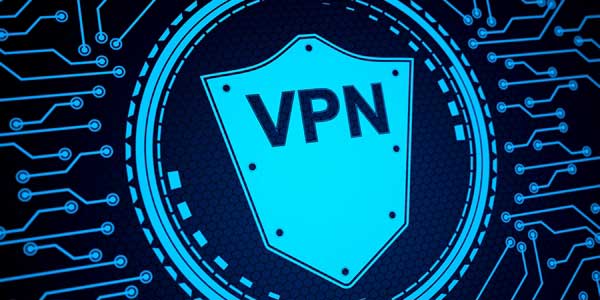A VPN connection is safer than a typical Internet session because a VPN establishes a direct, end-to-end connection between two servers and encrypts the data traveling between those servers. In essence, the VPN acts like an anonymous middleman to escort your data back and forth safely.
This contrasts with a typical connection, where your data remains unencrypted and hops along a series of servers before reaching its ultimate destination. The open nature of Internet traffic means your data is vulnerable to electronic eavesdropping and interception by hackers.
This risk is especially acute if you’re using a public Wi-Fi connection in a coffee shop, airport, hotel lobby or other locations popular with business travelers. Because these networks typically offer open connections, hackers have created a cottage industry for tools designed to monitor traffic and to capture log-in credentials as unsuspecting patrons use the public Wi-Fi.
Anyone who accesses their email, banking accounts or company network via public Wi-Fi is taking a strong risk of their user ID and password being compromised.
A VPN eliminates this risk by creating an encrypted connection with your data’s destination before the data leaves your device. Anyone eavesdropping on the resulting data traffic will see a stream of gibberish that they won’t be able to decrypt or understand.
This means you can access your company network, email or cloud-based services as securely as you can sitting in your usual workspace.
If your business brings you outside the United States, you may have to go online in a country where the government provides Internet access and monitors data traffic closely. Using a VPN allows international travelers to protect their data and privacy.
Business Benefits
While the benefits of being able to access a secure connection is obvious for business travelers, VPN software can provide a number of benefits for the normal operations of most small businesses.
If you have team members based in remote locations, they can access your network and cloud accounts securely from their workplace, with less risk that their connections will be compromised by hackers. Similarly, requiring the use of VPN software allows you to share network or resource access with contractors, business partners or suppliers that you trust.
If a company has a satellite office or branch location, a VPN can provide a direct, site-to-site secure connection using the public Internet. This approach is less expensive and usually faster than a wide-area network connection.
Choosing a VPN
Business owners have a number of VPN providers to choose from, making research and comparison important. Some features to consider include:
- Multiple platform and device support. Because most people go online using a variety of devices, it’s helpful to have an account with a provider offering software for all of the devices and operating systems you use.
- DNS leak protection. This feature ensures that if your encrypted connection is interrupted, your data won’t be exposed accidentally.
- A ‘zero logs’ policy. Some VPN providers, especially those offering free services, sell aggregated data to advertisers. You should avoid these offerings.
Using VPN software is an effective way to reduce the risks of using public Wi-Fi and to protect your company’s vital information.
